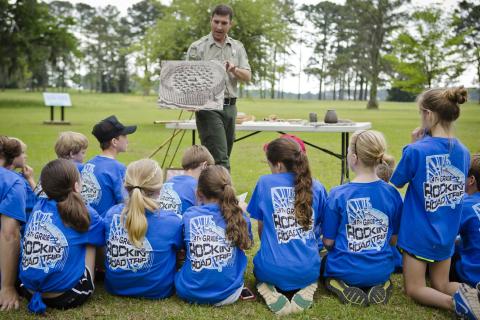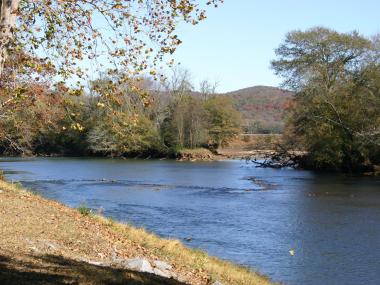5 Native American Sites Not to Miss in Georgia
These five historic Native American sites in Georgia will immerse you in cultures that existed long before European settlers arrived.
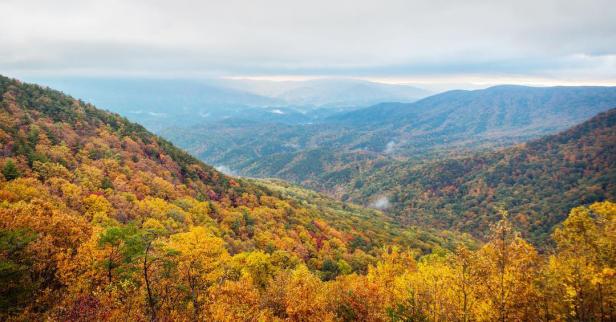
Fort Mountain
Visit the mysterious wall believed to have been built by Woodlands-era Indians between 500 BC and 500 AD. Fort Mountain, in Chatsworth, is named for the ancient rock wall that stretches 855 feet across the highest point of the mountain. The wall seems to indicate fortification against hostile groups or possible ceremonial rituals. Fort Mountain is one of several stops along Georgia's Cheiftains Trail, a driving tour of several sites related to North Georgia’s Native American heritage.
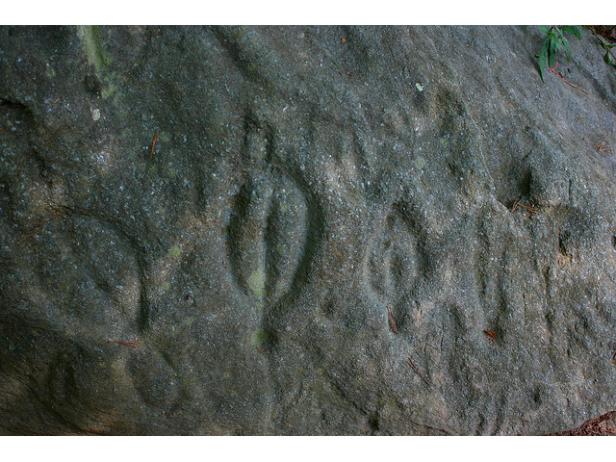
Track Rock Gap
Track Rock Gap, in Chattahoochee National Forest, preserves a significant site of rock art created by Creek and Cherokee people. Visitors can view a small sampling of boulders featuring petroglyphs at the Track Rock Gap Archeological Site. It’s worth a visit, but make plans to extend your visit with other activities in Blairsville as the site is small. A trailhead for the 11-mile Arkaquah Trail is located just across the street. You can reach the Track Rock Gap site by taking US 129 to Blairsville, the US 76 east about 5 miles. Turn right on Trackrock Gap Road until you reach the small parking lot.
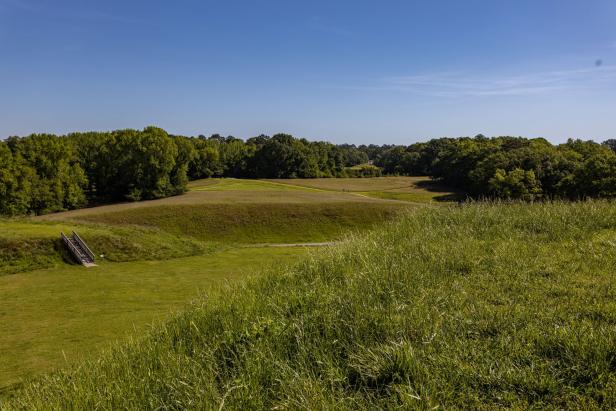
Ocmulgee Mounds National Historical Park in Macon, Georgia. Photo by Visit Macon
Ocmulgee Mounds National Historical Park
Located in Macon, the Ocmulgee Mounds National Historical Park exhibits artifacts from several Native American cultures, including the Paleo-Indians, who arrived during the ice age period; the Woodland culture, which began horticulture in Middle Georgia; and the Mississippians, who built mounds for their elite. The site includes an educational video, temple mound and hiking trails that tour the grounds.
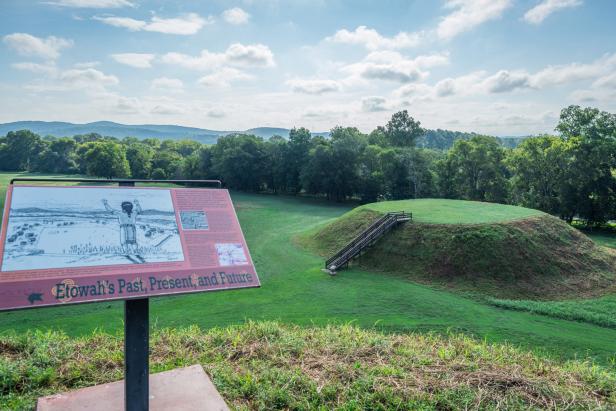
Etowah Indian Mounds State Historic Site
These sites, managed by Georgia State Parks, both offer a look at the cultures and lives of the mound-building Native Americans. Etowah Indian Mounds State Historic Site, located in Cartersville, exhibits artifacts in the visitor center and protects six earthen mounds complete with a village site. A nature trail that follows the Etowah River features a fish trap and highlights medicinal uses for native plants.
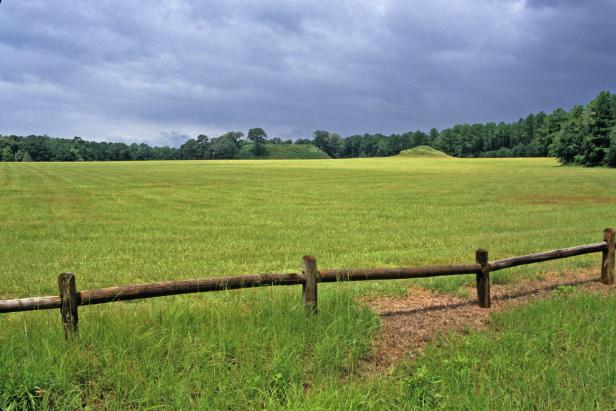
Kolomoki Mounds State Park
Located in Blakely, Kolomoki Mounds State Park protects the largest Woodland Indian site in the Southeast. The park features the oldest great temple mound, burial mounds, and ceremonial mounds. A unique museum is built around an excavated mound where visitors learn about the culture surrounding this historic site. The park also features scenic trails and camping, among other recreational activities.
